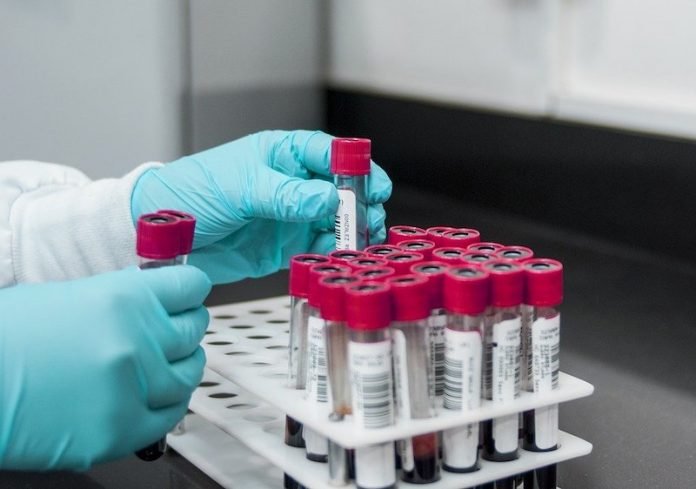
People infected by the novel coronavirus can have symptoms that range from mild to deadly.
In two recent studies, researchers found that some life-threatening cases can be traced to weak spots in patients’ immune systems.
They found at least 3.5% of study patients with severe COVID-19, the disease caused by the novel coronavirus, have mutations in genes involved in antiviral defense.
And at least 10% of patients with severe disease create “auto-antibodies” that attack the immune system, instead of fighting the virus.
The results identify some root causes of life-threatening COVID-19.
The research was conducted by a team at Rockefeller University.
By August, the team had enrolled more than 1,500 patients with severe COVID-19 worldwide. and they now have over 3,000.
As the researchers began analyzing patient samples, they started to uncover harmful mutations, in people young and old.
The team found that 23 out of 659 patients studied carried errors in genes involved in producing antiviral interferons.
Without a full complement of these antiviral defenders, COVID-19 patients wouldn’t be able to fend off the virus, the researchers suspected.
That thought sparked a new idea. Maybe other patients with severe COVID-19 also lacked interferons – but for a different reason.
As in autoimmune disorders such as type 1 diabetes and rheumatoid arthritis, some patients might be making antibodies that target the body.
The team’s analysis of 987 patients with life-threatening COVID-19 revealed just that. At least 101 of the patients had auto-antibodies against an assortment of interferon proteins.
These antibodies blocked interferon action and were not present in patients with mild COVID-19 cases, the researchers discovered.
By testing for the presence of these antibodies, researchers could almost predict who will become severely ill.
The vast majority – 94% – of patients with the harmful antibodies were men, the team found.
Men are more likely to develop severe forms of COVID-19, and this work offers one explanation for gender variability.
The team is now looking for the genetic driver behind those auto-antibodies. They could be linked to mutations on the X chromosome.
Such mutations might not affect women, because they have a second X chromosome to compensate for any defects in the first.
But for men, who carry only a single X, even small genetic errors can be consequential.
The team says if someone tests positive for the virus, they should be tested for the auto-antibodies, too, with medical follow-up if those tests are positive.
It’s possible that removing such antibodies from the blood could ease symptoms of the disease.
One author of the study is Jean-Laurent Casanova, a Howard Hughes Medical Institute Investigator.
The study findings are published in two papers in the journal Science.
Copyright © 2020 Knowridge Science Report. All rights reserved.



